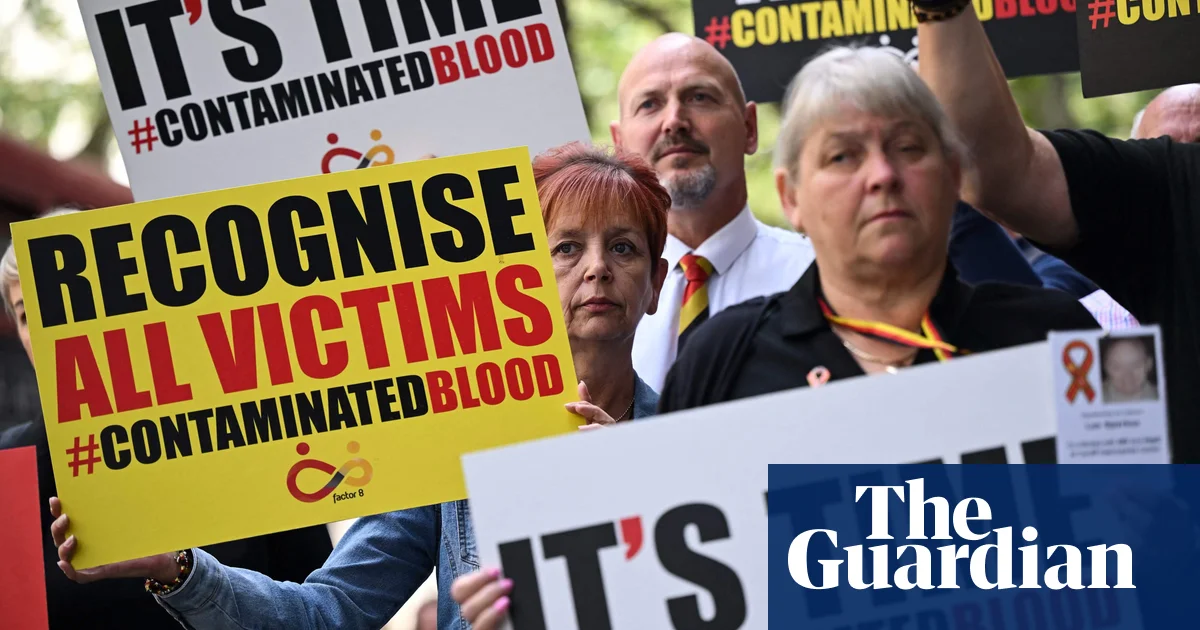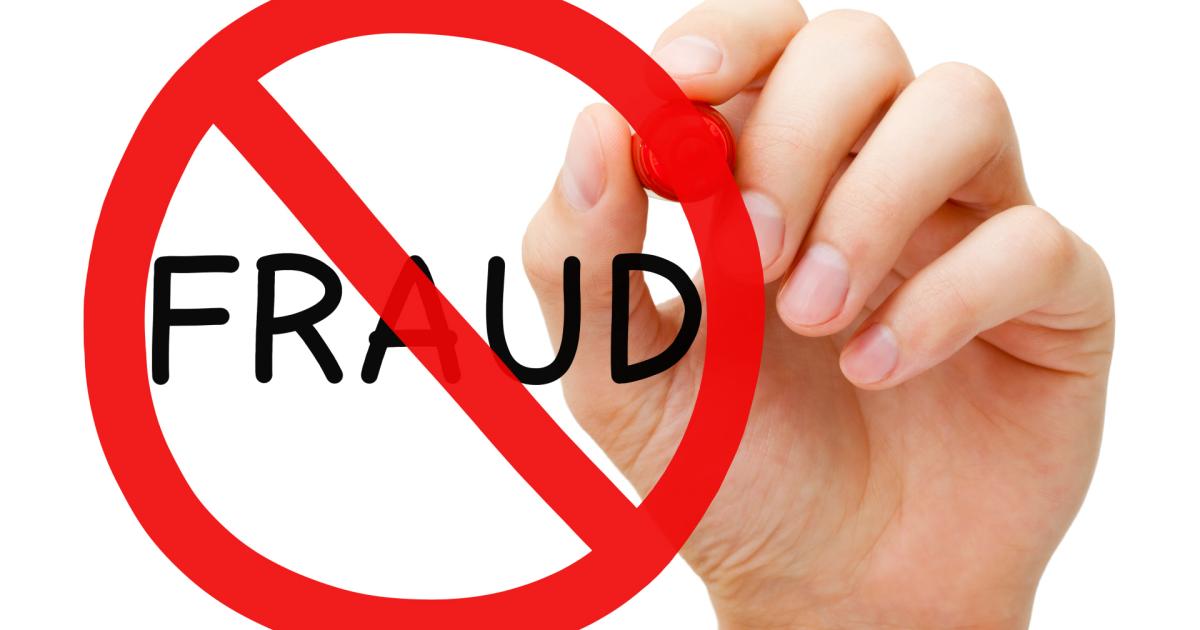Zola Hospice Fraud care is designed to offer comfort and support to individuals in the final stages of life, focusing on improving the quality of life for both patients and their families. It provides a range of services that address physical, emotional, and spiritual needs. One organization committed to these principles is Zola Hospice Fraud.
Recently, Zola Hospice Fraud has faced scrutiny due to allegations of fraud. These claims indicate that the organization may have engaged in unethical practices, such as misrepresenting the level of care provided and participating in fraudulent billing activities. Such allegations raise significant concerns about the integrity of their services and the potential repercussions for patients and their families.
Understanding these allegations is vital for anyone relying on hospice care, as well as those directly affected. This blog post aims to explore the specifics of the situation at Zola Hospice, examining the reported fraudulent activities, the larger context of healthcare fraud, and the measures individuals can take to protect themselves and their loved ones.
By discussing the issues surrounding Zola Hospice Fraud, we hope to equip readers with valuable insights to navigate the complexities of hospice care and remain vigilant against potential Zola Hospice Fraud. Whether you are a patient, caregiver, or interested in healthcare ethics, grasping these issues is crucial for ensuring quality and transparency in end-of-life care.
you can also read about Tech Etruesports Trends in Competitive Gaming
Unveiling the Allegations: What is the Issue at Zola Hospice Fraud
Details of the Fraudulent Activities
Zola Hospice is currently facing serious allegations of misconduct. Reports indicate that the organization may have engaged in fraudulent billing practices, which involve charging for services that were either not delivered or misrepresented to patients and families.
Additionally, there are claims that Zola Hospice Fraud patient records to secure higher reimbursements from insurance companies. Such actions raise significant ethical concerns and undermine the trust that is essential in providing end-of-life care.
These allegations not only impact the reputation of Zola Hospice Fraud but also have serious implications for the patients and families who rely on their services. Ensuring transparency and accountability in hospice care is critical for maintaining the integrity of the healthcare system and protecting vulnerable individuals in their final stages of life.
Investigation and Reporting
The allegations against Zola Hospice Fraud have emerged from multiple sources. Whistleblowers within the organization have come forward to report these concerning issues, shedding light on potential misconduct.
Furthermore, investigative reports have highlighted these practices, drawing attention to the seriousness of the claims. The findings have raised significant questions about the organization’s operations and ethical standards.
Legal proceedings are currently underway to assess the extent of the alleged misconduct and to hold those responsible accountable. This ongoing investigation underscores the importance of transparency and integrity in hospice care, as the outcomes will affect not only the organization but also the patients and families it serves.
Impact on Patients and Families
The fraudulent activities at Zola Hospice Fraud carry serious consequences for patients and their families. Many individuals affected may have received inadequate care while being charged for services that were never delivered.
This situation not only leads to emotional distress but also places a financial burden on families who relied on the organization for support during a challenging time. The betrayal of trust in such a critical aspect of healthcare can be profoundly damaging.
Recognizing these impacts is essential for addressing the issue and pursuing justice for those who have been harmed. It highlights the need for accountability and reform within the hospice care system to ensure that all patients receive the quality care they deserve.
The Broader Context: Healthcare Fraud and Its Implications

Types of Healthcare Fraud
Zola Hospice Fraud can manifest in various ways beyond just hospice care. Some common examples include billing for unnecessary tests or procedures, which can expose patients to unnecessary risks and costs.
Another form of fraud involves falsifying patient records, which can compromise the integrity of medical documentation and lead to inappropriate treatments. This deception not only affects patient care but also skews healthcare data used for decision-making.
Submitting false claims to insurance companies is yet another fraudulent practice that can have widespread consequences. These unethical actions can undermine the quality of care provided to patients and result in significant financial losses for both patients and healthcare providers alike.
Regulatory Framework
Zola Hospice Fraud can occur in various forms, extending beyond just hospice care. One prevalent example is billing for unnecessary tests or procedures, which not only exposes patients to avoidable risks but also incurs unnecessary expenses.
Zola Hospice Fraud practice involves falsifying patient records, which can undermine the accuracy of medical documentation and lead to inappropriate treatments. This type of deception negatively impacts patient care and distorts healthcare data that is critical for informed decision-making.
Zola Hospice Fraud submitting false claims to insurance companies represents another significant form of fraud that can have far-reaching repercussions. These unethical practices not only compromise the quality of care patients receive but also result in substantial financial losses for both patients and healthcare providers.
Consequences of Healthcare Fraud
Healthcare fraud has significant and widespread repercussions for both the system and patients. It often results in higher healthcare costs, which can burden patients and taxpayers alike. Additionally, it can diminish the quality of care provided, as resources are misallocated or wasted on fraudulent activities.
The erosion of trust in healthcare providers is another serious consequence of fraud. When patients suspect unethical practices, they may hesitate to seek necessary care or rely on their healthcare professionals, ultimately jeopardizing their health and well-being.
While perpetrators of fraud may face legal and financial penalties, the harm inflicted on patients and the healthcare system can be profound and enduring. Addressing healthcare fraud is essential to restoring trust and ensuring that all individuals receive the quality care they deserve.
Steps to Prevent and Address Healthcare Fraud

Preventative Measures for Families and Caregivers
Families and caregivers can take important steps to protect themselves from healthcare fraud. One effective measure is to thoroughly review bills and statements to verify their accuracy. This attention to detail can help catch discrepancies that might indicate fraudulent activity.
Additionally, asking questions about the care received is crucial. Inquiring about the necessity of tests or procedures and seeking clarification on any unclear charges can aid in understanding the services billed and ensuring that they align with the care provided.
Furthermore, regularly checking if services are being billed correctly is an essential practice. By staying vigilant and proactive, families and caregivers can identify potential issues early, helping to prevent them from becoming victims of healthcare fraud.
Advocacy and Reporting
If fraud is suspected, it’s crucial to report it without delay. Patients and their families should reach out to regulatory agencies or advocacy groups that specialize in healthcare fraud. These organizations are equipped to provide valuable guidance and support throughout the process.
Reporting the suspected fraud is an important step in addressing the issue effectively. Regulatory agencies can investigate the claims and take necessary actions to protect patients and uphold the integrity of the healthcare system.
Additionally, advocacy groups can offer resources and assistance to help individuals navigate the complexities of reporting fraud and seeking resolution. By acting swiftly and utilizing these resources, patients and their families can contribute to combating healthcare fraud and ensuring accountability.
Improving Transparency and Accountability
Strengthening oversight and regulation in healthcare is essential for preventing fraud. This can be achieved by establishing stricter rules regarding billing practices and the management of patient records. Such measures are vital in creating a more secure healthcare environment.
Healthcare organizations and policymakers play a pivotal role in enhancing transparency and ensuring that all practices meet ethical standards. By fostering a culture of accountability, they can help deter fraudulent activities and protect patients’ interests.
Additionally, implementing robust monitoring systems can aid in identifying and addressing potential fraud early. With effective oversight, the healthcare system can become more trustworthy and resilient against fraudulent practices, ultimately benefiting both patients and providers.
FAQs
What allegations have been made against Zola Hospice?
Zola Hospice faces allegations of fraudulent billing practices, including charging for services not provided and falsifying patient records.
How were these allegations brought to light?
Whistleblowers within the organization and investigative reports have highlighted the issues surrounding Zola Hospice’s practices.
What impact do these allegations have on patients and families?
Affected patients may have received inadequate care while being billed for services they did not receive, leading to emotional distress and financial strain.
What are the legal consequences for Zola Hospice?
Legal proceedings are ongoing to determine the extent of the misconduct and hold accountable those involved in the fraudulent activities.
How can families protect themselves from healthcare fraud?
Families can protect themselves by carefully reviewing bills, asking questions about care provided, and promptly reporting any suspected fraud to regulatory agencies.
Conclusion
Zola Hospice Fraud is facing scrutiny due to allegations of fraudulent practices, which include improper billing and misrepresenting the care services provided. These issues raise broader concerns about Zola Hospice Fraud and its potential impact on patients and their families. Understanding these allegations is essential for ensuring that quality care is maintained.
Awareness and vigilance in reviewing both care and billing practices are critical for protecting yourself and your loved ones from fraud. By staying informed about healthcare ethics and regulations, individuals can contribute to improved care and accountability within the healthcare system.
If you suspect Zola Hospice Fraud or have been affected by it, it is important to report your concerns to the appropriate authorities. Supporting advocacy efforts aimed at enhancing transparency and preventing fraud is also crucial. By being proactive, you can help ensure that healthcare services remain trustworthy and dependable.











